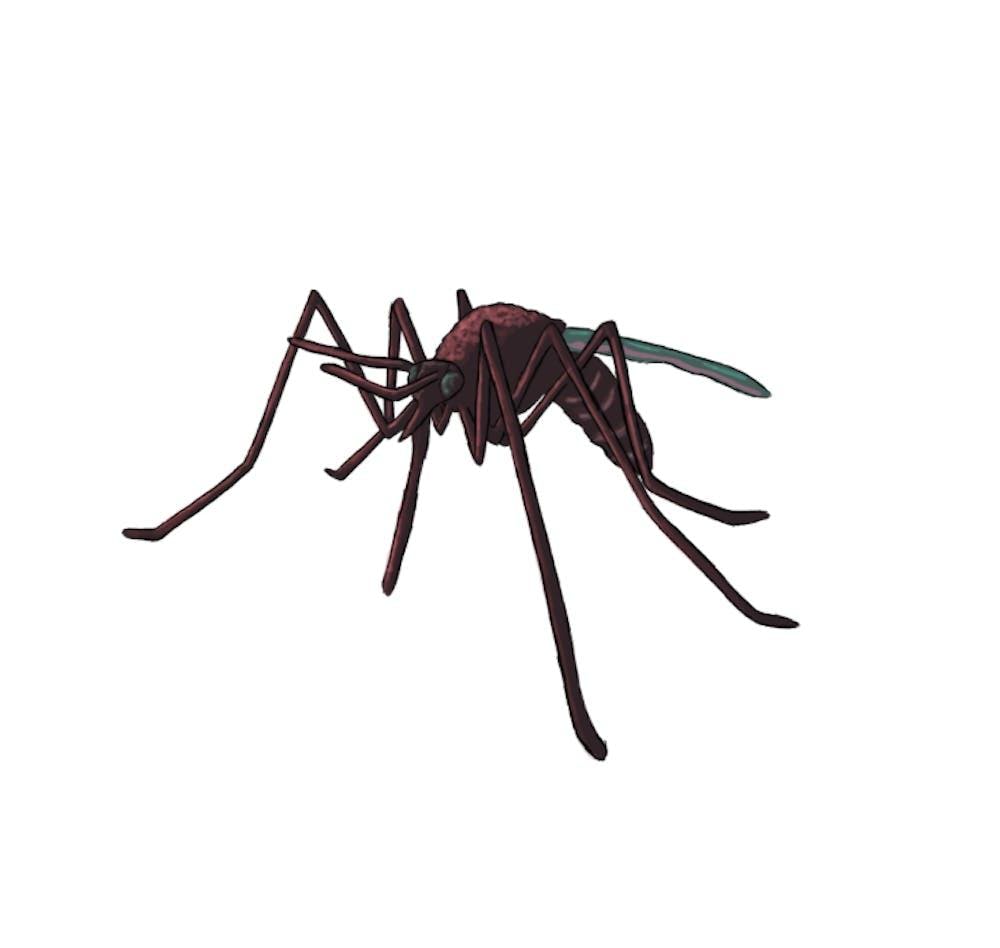Rhode Island recorded its first human case in five years of Eastern Equine Encephalitis, a potentially fatal mosquito-borne virus that has been spreading in southern New England this summer, health officials announced Wednesday.
The infected individual is a person from Providence County in their 70s, according to the Rhode Island Department of Health’s press release. The state’s last reported human case was in 2019, and this is its 11th human case since 1983.
Roughly 30% of those infected with EEE die, while those who survive often experience ongoing neurological problems, according to RIDOH.
The state also announced a second probable human case of West Nile Virus, a less deadly mosquito-borne virus, in a Newport County resident in their 60s.
This year’s first probable human WNV case was a person in their 60s from Providence County. That case was first announced Aug. 16, and later confirmed by the Centers for Disease Control and Prevention.
“We are seeing more human cases of mosquito-borne disease in Rhode Island and in bordering communities in Massachusetts and Connecticut,” said Jerome Larkin, RIDOH director, in a Wednesday press release. “This underscores how important it is that all Rhode Islanders need to continue protecting themselves from getting mosquito bites.”
Public health officials recommend people avoid outdoor activities at sunrise and sunset — times when mosquitoes are most active. When going outside, people should wear long-sleeved shirts, pants and bug spray with DEET or other repellents, officials added.
At home, Rhode Islanders should install screens on windows and doors and get rid of any stagnant water, which can potentially become mosquito breeding grounds, RIDOH added. People should properly drain items like gutters, pools, planters, trash bins or anything else that can collect water.
Common human EEE symptoms include fever, seizures, aches, vomiting, diarrhea, behavioral changes and drowsiness, The Herald previously reported. Roughly one in five people infected with WNV experience fever or other symptoms, and less than one percent develop serious or fatal illness.
Young children, the elderly and immunocompromised individuals are most at risk of developing serious symptoms.
CDC data shows eight other human cases of EEE in the country this year, though information has not been updated with Rhode Island’s recent recording. Only two human EEE cases occurred outside of New England — one in Wisconsin and the other in New Jersey. Massachusetts has reported four cases, while Vermont and New Hampshire have each recorded one.
Last month, a 41-year-old New Hampshire man died of EEE.
The diseases are most prevalent during the warm mosquito breeding season, typically from June to September. Extended summer heat resulting from climate change has also been shown to facilitate the spread of diseases like EEE and WNV, researchers have said.

Tom Li is the editor-in-chief and president of The Herald's 135th editorial board. He is from Pleasanton, California and studies economics and international and public affairs. He previously served as a metro editor, covering the Health & Environment and Development & Infrastructure beats, and has worked on The Herald's copy editing, editorial page board, design and podcast teams.





